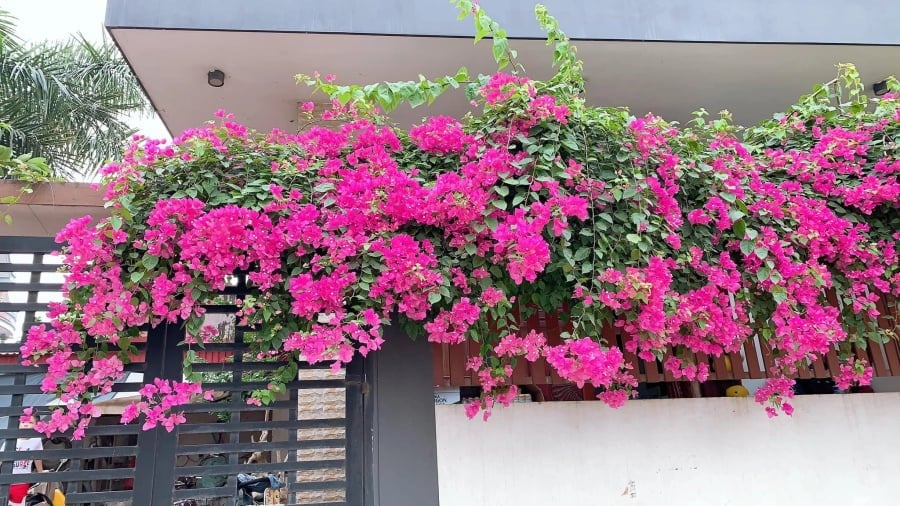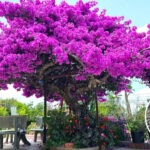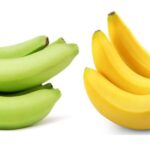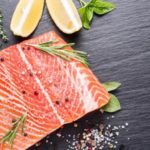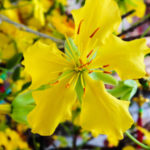## Chicken Manure
Chicken manure is an excellent natural fertilizer, rich in nutrients and beneficial microorganisms. It improves soil fertility, reduces salinity and acidity, and retains moisture. It also provides a high content of essential nutrients such as N-P-K, potassium, and minerals, promoting stronger growth and enhancing flowering and fruiting.
To apply chicken manure, spread it evenly around the base of your plants. If the soil is dry, water it after applying the manure to ensure sufficient moisture.
## Sheep Manure
Sheep manure is a popular organic fertilizer for gardeners due to its high content of nitrogen, phosphorus, and potassium—crucial nutrients for plant growth. Using sheep manure provides a good source of nutrition without damaging plant roots, as it doesn’t cause fermentation.
To use sheep manure, dig a few holes around the base of your plant, add the manure, and cover it with soil to avoid direct contact with the roots. When you water your plant, the manure will gradually decompose and release nutrients into the soil.
## Peanut, Bean, and Sesame Meal
Peanut, bean, and sesame meal are by-products of oil or plant milk production and can be used as fertilizer for various plants, including hibiscus. These meals are rich in phosphoric acid, which stimulates flowering and prolongs the blooming period.
To use, crumble the meal and mix it directly into the soil, or spread it at the bottom of the pot or around the base of the plant. Keep the fertilizer away from the roots to avoid root burn. Alternatively, soak the meal in water at a ratio of 1:10, sun-dry it for 7-15 days, and then dilute this water with clean water for watering your plants.
## Animal Bones
Animal bones are an excellent source of phosphoric acid and potassium for hibiscus plants. Bones are rich in potassium, calcium, and phosphorus, making them ideal for fertilizing your plants.
After consuming meat, collect bones from chicken, fish, or pork, and boil them in water to reduce salt content. Remove any remaining meat from the bones and rinse them before sun-drying for a few days.
The dried bones can be crushed or ground into a powder. Use about a spoonful of bone powder monthly to promote healthy growth, rapid bud growth, and continuous flowering. If you don’t have time to prepare bone powder yourself, you can purchase it from gardening stores.
## Fish Guts, Fish Scales, and Other Organic Waste
Fish guts, fish scales, eggshells, shrimp shells, and crab shells can be used to create a potent fertilizer for your plants. These materials are rich in phosphorus and potassium, which stimulate flowering and increase yield.
To make fertilizer from these ingredients, collect and place them in a barrel. Cover them with a thick layer of soil, about 20 cm deep, close the lid, and let it sit in a corner of your garden. After 4-6 months of fermentation, the mixture can be used as fertilizer.
When using this fertilizer, bury it directly around the base of your plant, maintaining a safe distance from the roots to avoid root burn. However, due to the pungent smell of the fermented mixture, it is best suited for outdoor gardening.
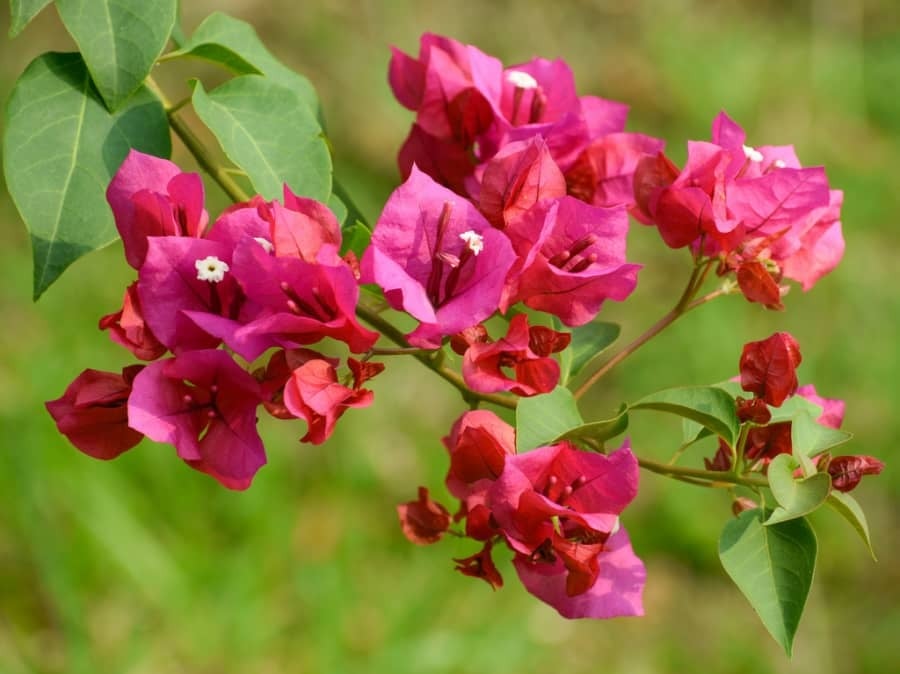
Sheep manure is a popular choice for gardeners due to its high nitrogen, phosphorus, and potassium content.
